Published
4 months agoon
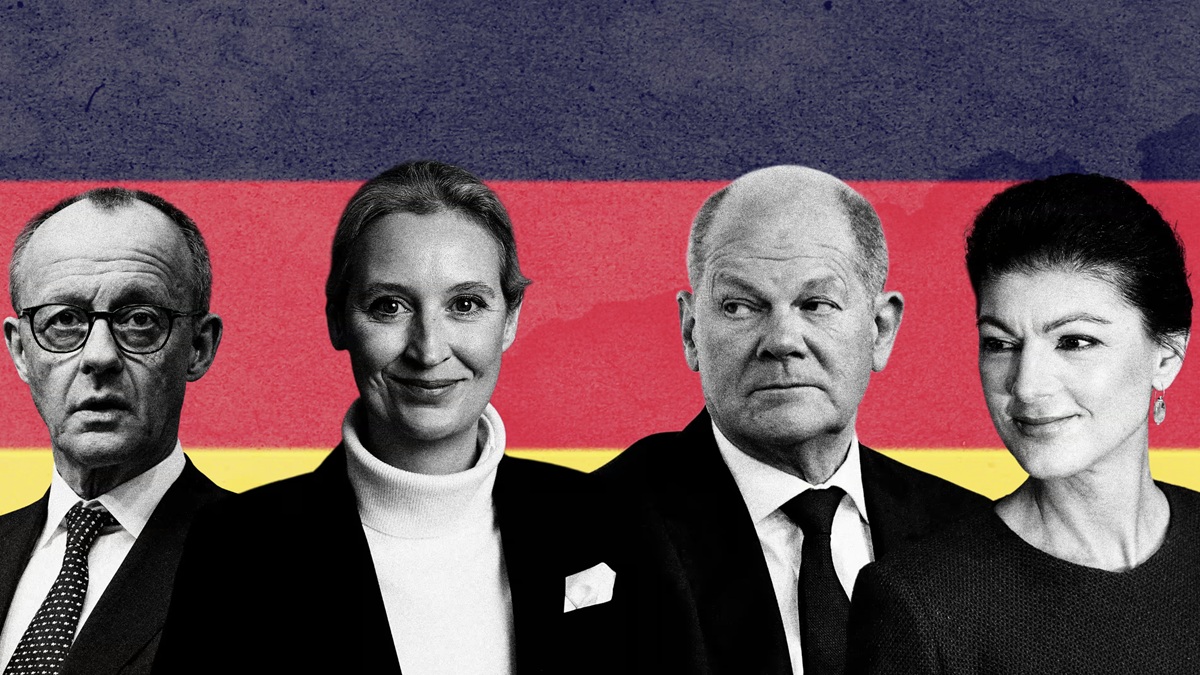
As Germany approaches its highly anticipated federal election on February 23, 2025, the political landscape is more turbulent than ever. Economic struggles influence the national debate. Migration policies also play a significant role. Additionally, the rise of the far right is shaping the conversation. This election could redefine Germany’s future. Here’s a breakdown of the key issues, candidates, and recent developments leading up to the vote.
The conservative CDU/CSU bloc is presently leading with 30% of voter support. It is led by Friedrich Merz, according to the latest opinion polls. Meanwhile, the far-right Alternative for Germany (AfD) follows closely at 22%, marking a significant rise in its influence. Chancellor Olaf Scholz’s Social Democrats (SPD) are trailing at just 15.5%, reflecting growing dissatisfaction with the current government.
Scholz and Merz recently clashed in a heated parliamentary debate. Scholz accused Merz of inconsistency in foreign and domestic policies. This accusation was particularly concerning Ukraine and refugee management. Merz, on the other hand, blamed Scholz for Germany’s economic downturn and rising unemployment rates. Despite their differences, both leaders firmly ruled out any potential coalition with the AfD.
Germany’s struggling economy is a central theme of the election. Economic forecasts have been slashed to just 0.3% GDP growth following a mild recession, and industrial production remains below pre-pandemic levels. Many businesses are relocating or downsizing, leading to growing concerns over job security and industrial competitiveness.
Scholz’s government has emphasized green initiatives. It focuses on investment in modernizing industries. The CDU/CSU argues for fiscal discipline, tax reductions, and a business-friendly approach to revitalize the economy. This fundamental difference in economic strategy will heavily influence voters’ decisions at the polls.
One of the most contentious issues in this election is migration policy. Merz recently faced backlash for proposing a tough crackdown on asylum seekers. This move narrowly passed in the Bundestag with support from the AfD. This unprecedented collaboration with the far right broke a long-standing post-World War II political taboo and sparked public protests. Merz defends his stance as a necessary measure to curb illegal immigration. Critics argue that aligning with the AfD, even temporarily, could undermine democratic norms in Germany.
The AfD’s growing support, particularly in economically struggling regions, signals a shift in public sentiment. Cities like Pforzheim, which have faced economic hardships and integration challenges, are witnessing increasing backing for the AfD. This trend suggests that Germany’s political landscape may be moving toward a more fragmented and polarized structure.
With just weeks until election day, Germany’s future hangs in the balance. If Merz’s CDU/CSU secures a decisive victory, it could mark a shift toward conservative fiscal and migration policies. Meanwhile, a continued SPD-led government under Scholz would focus on public investment and progressive reforms. The biggest wildcard remains the AfD, whose rising influence could complicate coalition negotiations and reshape Germany’s political dynamics.
As voters prepare to cast their ballots, the key issues of economic recovery, migration, and political integrity will dominate discussions. This election is not just about choosing a new government—it’s about defining Germany’s direction for the years to come.


Germany’s New Coalition Government Unveils Stricter Immigration and Citizenship Policies
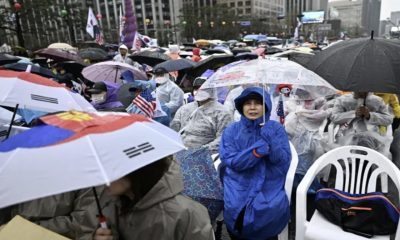

Mass Protests Erupt in South Korea Over President Yoon’s ImpeachmentAFP


EU Representatives Agree on New Driving License Rules
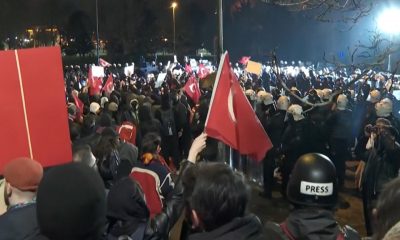

Erdogan Calls Turkey Protests ‘Evil’ as Unrest Escalates
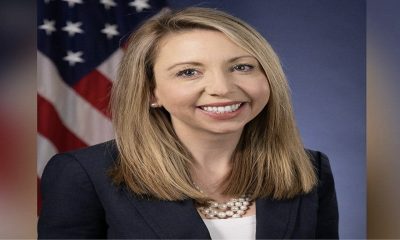

Former U.S. Attorney Jessica Aber Found Dead at 43


UN Reduces Staff Presence in Gaza Due to Security Concerns
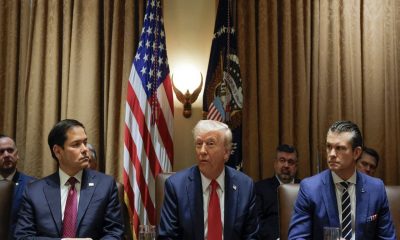

US Government’s Security Blunder: Journalist Accidentally Invited to Secret Chat










